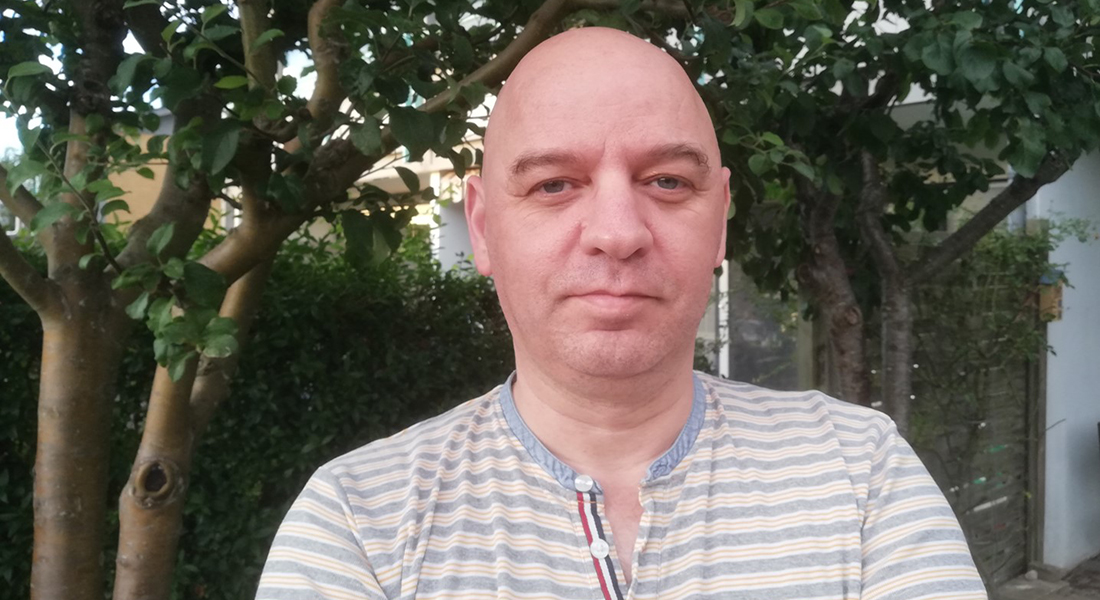New project will design 3D microfluidic chips for cancer therapy
Researchers in a new project hope to design new 3D X-ray compatible microfluidic platforms for formation and online characterization of cancer nanomedicines. For this purpose, Associate Professor Anan Yaghmur has received 2.9 mill DKK from Novo Nordisk Foundation for the project “MICNANO: MICrofluidic synthesis and online characterization of cubosomal and hexosomal NANOcarriers for colorectal cancer therapy”.

The project is a collaboration between Anan Yaghmur and Professor Winnie Edith Svendsen and Senior Researcher Dr. Maria Dimaki from DTU Bioengineering.
“I am so excited to receive the grant and very thankful for this financial support from Novo Nordisk Foundation”, Associate
Professor Anan Yaghmur says. “I am looking forward to start working in this research project and design new microfluidic devices attractive for monodisperse lipid nanoparticle synthesis and online structural characterization studies.”
Anan Yaghmur explains the project further: "There is a growing interest in the formation of cubosomes and hexosomes with controllable sizes and size distributions, and their online characterization (SAXS/WAXS-on-chip) through coupling X-ray compatible microfluidic platforms with synchrotron SAXS/WAXS.
The latter online studies allow gaining insight into the involved dynamic structural transitions and nanoparticle formation kinetics at different mixing times, ranging from fractions of seconds to few seconds. However, these investigations require the use of microfluidic chips (typically 2D chips) with relatively big channel widths (typically 300 µm) that compromise the microfluidic efficacy in controlling the nanoparticle size characteristics.
We will design efficient X-ray compatible chips, performing 3D hydrodynamic flow focusing. It is our interest to introduce chips that provide unique opportunities not only for the continuous synthesis of cubosomes, hexosomes and other lipid nanoparticles with controllable sizes (monodisperse nanoparticles), but also for the in situ characterization of these nano-self-assemblies through manipulation of the flow conditions and coupling to SAXS/WAXS. The project will also focus on evaluating the potential use of the generated safe nanomedicines in therapy of colorectal cancer."
Anan Yaghmur hopes to be able to introduce next-generation 3D X-ray compatible chips for monodisperse lipid nanoparticle synthesis and SAXS/WAXS-on-chip studies. If successful, the designed 3D microfluidic chips can be used in the future to investigate the behavior of nano-self-assemblies on exposure to biologically relevant fluids under confined geometries. He hopes that their use will be extended to other research areas including online reactions, and online characterization of protein solutions and solid nanocrystals.
